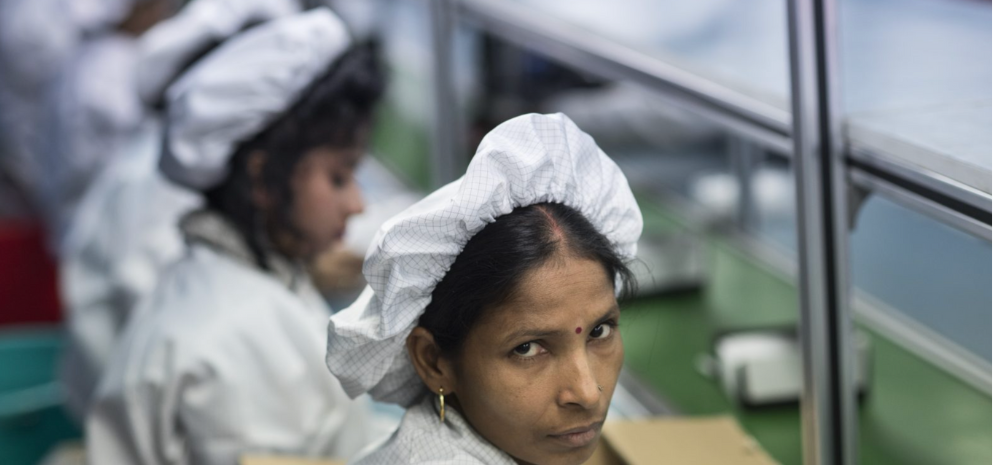An investigation by Reuters has revealed that Foxconn, a major Apple supplier, systematically excludes married women from jobs at its primary iPhone assembly plant in India. This practice, rooted in perceived “cultural issues” and family responsibilities, has sparked controversy and raised concerns about gender discrimination.

Incident at Foxconn
In March 2023, sisters Parvathi and Janaki were turned away from Foxconn’s iPhone factory in southern India because they were married. Despite job advertisements on WhatsApp, they were rejected at the main gate by a security officer who questioned their marital status. Even the auto-rickshaw driver who brought them to the facility warned that married women were not hired.
Investigation Findings
The Reuters investigation confirmed that Foxconn systematically excludes married women from its workforce, citing higher family responsibilities compared to unmarried women. S. Paul, a former human-resources executive at Foxconn India, revealed that this recruitment rule is verbally communicated to Indian hiring agencies responsible for sourcing and interviewing candidates.
Reasons for Exclusion
Paul stated that Foxconn avoids hiring married women due to “cultural issues” and societal pressures. The company believes there are many complications post-marriage, including pregnancy and increased absenteeism. Jewelry worn by married Hindu women is also seen as a potential interference with production processes.
Recruitment Policies
Seventeen employees from over a dozen Foxconn hiring agencies, as well as four current and former Foxconn HR executives, corroborated Paul’s account. They cited family duties, pregnancy, and higher absenteeism as the primary reasons for not hiring married women. However, the ban is not absolute. During high-production periods, Foxconn sometimes relaxes this practice and may hire married women when facing labor shortages. In such cases, hiring agencies may help candidates conceal their marital status to secure jobs.
Conclusion
Foxconn’s exclusion of married women from its workforce at the India iPhone assembly plant has drawn attention to the company’s recruitment policies and potential gender discrimination. The practice reflects broader societal and cultural issues that impact women’s employment opportunities. This revelation calls for a re-evaluation of recruitment practices to ensure fairness and equality in the workplace.













